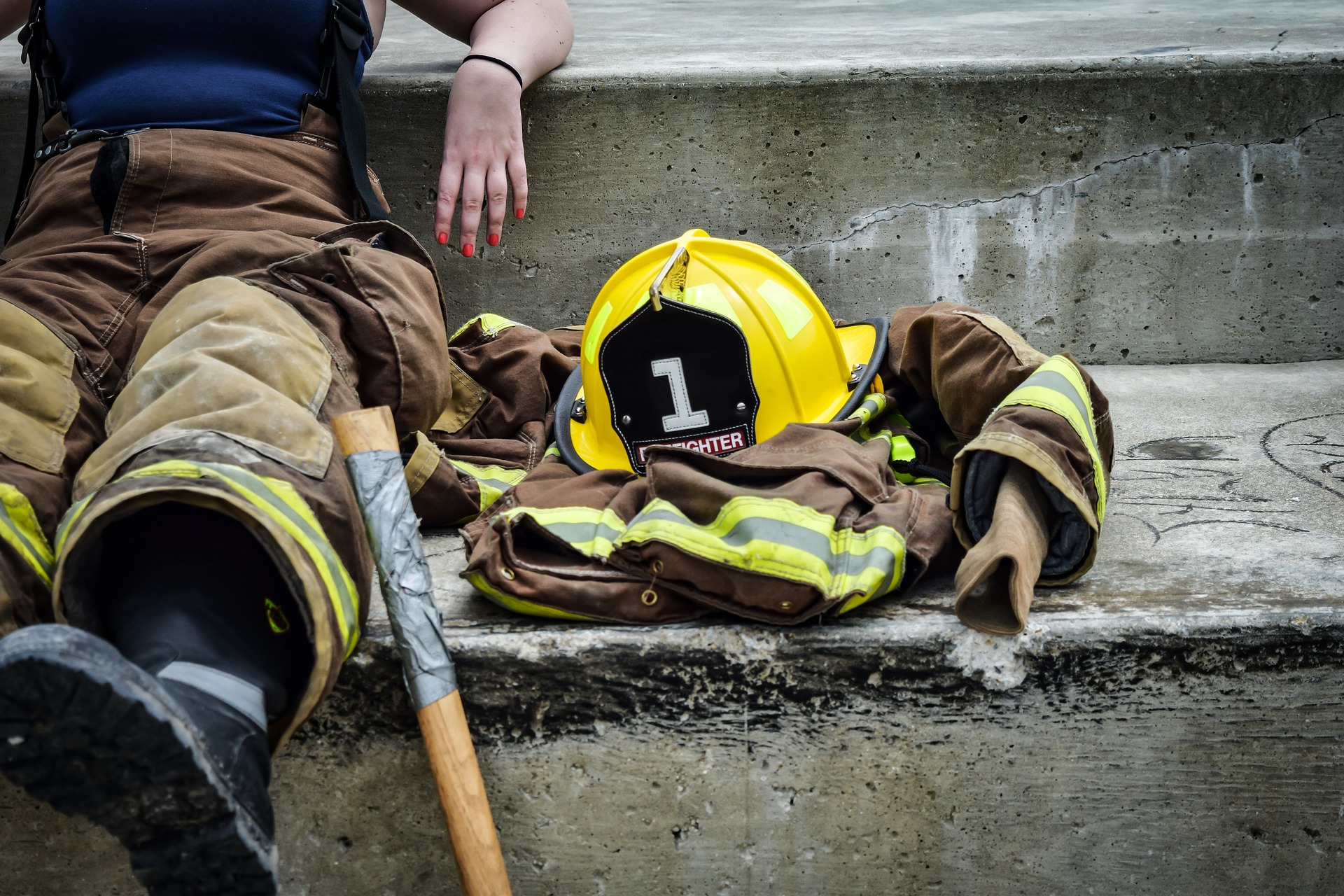“I’m tired all the time. I snap at my wife, the kids, even the guys at work. It’s like I’m under a cloud and I just can’t seem to get out from under it.”
“It’s hard to shut it off, the stuff we see. It’s tough to talk about with friends and family. I mean, how could they understand? I feel alone.”
“I feel worn down, overwhelmed. Sometimes it’s hard to think clearly. I can’t remember when I noticed the change. It just sort of became normal, I guess.”
“I just feel this giant weight and I carry it everywhere. I can’t unwind, even when I take time off. I don’t feel relaxed. I’m on edge.”
“There’s this heavy feeling. It’s more than a bad call or a bad day. It’s like all the time and the funny thing is, I’m really not sure why.”
The above statements are examples of what can go through the mind of a First Responder under chronic stress. Last weekend I had the pleasure of attending a training for therapists geared toward understanding First Responder stress put on by the British Columbia Professional Firefighters Association. For myself, the most impactful takeaway from the weekend was the stories I heard from firefighters themselves about their job, work culture, and the intersection of their personal lives with work.
First responders bear a heavier load than most. What kept coming up is the fact that First Responders are forced continually to deal with unpredictability. Never knowing what is coming next, these men and women step into and witness the unfathomable, each scenario affecting each responder in a different way. Over and over, the nervous system is called upon to go into “fight” mode and can stay amped up in a chronic state of stress. Images, sounds, and smells, when unprocessed, can get trapped in the brain, creating a loop of heightened anxiety, much like a false alarm sounding. The consequences of this chronic anxiety may include but are not limited to irritability, sleep disturbances, mistakes made on the job, a heavy feeling that does not leave, and panic attacks. Everything feels out of control. Unfortunately, suicide is an option that some take to escape the buildup of stress.
Among First Responders there seems to be a mentality of “suck it up”; “don’t be a crybaby”; and “don’t talk about your feelings.” Thankfully, this is slowly changing.
If you are a First Responder who is struggling, I encourage you to reach out for help sooner than later.
Watch for these signs:
-irritability with family, friends, co-workers
-sleep disturbances including night terrors
-panic attacks
-experiencing flashbacks and troubling imagery
-inability to concentrate
-frequent feelings of hopelessness, shame, and/or guilt
-addictions including drugs and alcohol
-lack of interest in social connection; self-isolation
What to look for in a therapist:
-feeling welcome
-a feeling of connection between you and the therapist
-therapist authenticity
-therapist has a good understanding of First Responder workplace culture
-therapist has an understanding of you and your unique situation
-therapist is willing to walk alongside you instead of merely dispensing advice
The right therapist can help you:
-find a level of comfort with unpredictability
-find ways to “come down” after being “amped up”
-provide education on the neurobiology of stress
-find ways to self-regulate the body so that it doesn’t get stuck in the loop of stress
-reconnect with your values
-reconnect with body, mind, and spirit
-help you figure out how to enjoy life again
Here are a couple of great websites with lots of helpful tools:
BC Professional Firefighters’ Association: https://www.bcpffa.net/
BC First Responders Mental Health: http://bcfirstrespondersmentalhealth.com/
If you are a mental health professional looking for training in this area: https://centeredlifestyle.com/services/
Reaching out for help takes courage, strength, and a belief and hope that things will get better. Help is only an email or phone call away.
Until next time,

Individual and couples counselling services in the Westshore

